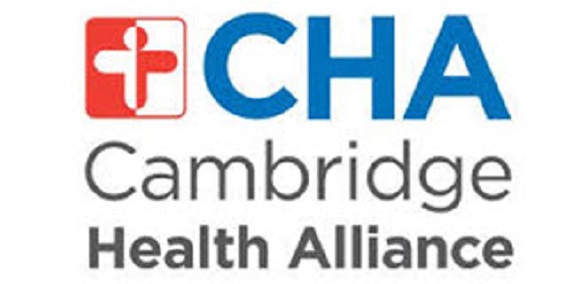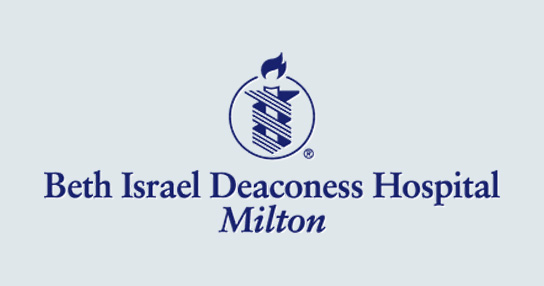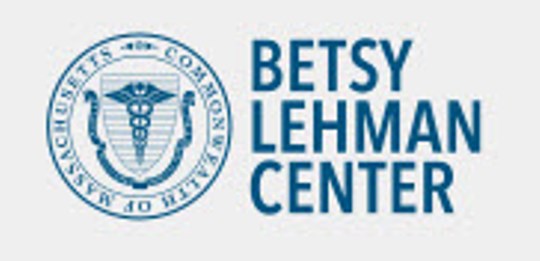Healthcare Acquired Infections
Healthcare acquired infections (HAIs), also known as nosocomial infections, are infections that patients get while receiving treatment for medical or surgical conditions. HAIs occur in all settings of care, including hospitals, surgical centers, ambulatory clinics, and long-term care facilities such as nursing homes and rehabilitation facilities.

Cambridge Health’s Team Culture Reduces Infections
Cambridge Health Alliance undertook an Agency for Healthcare Research & Quality-sponsored 15-month safety improvement program to reduce infections in the ICU at its Cambridge and Everett hospitals. The effort – involving an assessment of potential problems, increased staff education, use of proven best practices, leadership buy-in and more – resulted in a dramatic reduction in urinary tra...» Full Article
RI’s Westerly Hospital’s Remarkable Infection-Reduction Performance Zero
That’s the number of central line-associated bloodstream infections (CLABSI) that Westerly Hospital in Rhode Island has experienced in both its ICU and medical/surgery units from 2015 to today. Its performance in containing catheter-associated urinary tract infections (CAUTI) is equally as remarkable; in the hospital’s ICU and med/surg units there has been just one CAUTI, in the ICU, since 201...» Full Article
RI’s South Country Hospital’s – Post-Cesarean Care Bundle Reduces Infections
South County Hospital of Wakefield, R.I., in 2014-15 noted a spike in post-cesarean surgical site infections (SSI). An inter-professional team was established to review current practice and opportunities for improvement, and settled on a goal of “zero harm.” To meet the goal, the hospital made changes to its “Best Practice Care Bundle,” instituted provider and staff education, as well...» Full Article
Beth Israel Deaconess Medical Center among the first-ever awardees in the National Awards Program to Recognize Progress in Eliminating Healthcare-Associated Infections
The US Department of Health and Human Services has named Beth Israel Deaconess Medical Center among the first-ever awardees in the National Awards Program to Recognize Progress in Eliminating Healthcare-Associated Infections. The awards focus on central line infections and ventilator-associated pneumonia, two of the deadliest and most expensive hospital-acquired infections. Preventing hospital-a...» Full Article
CDC: Hospitals Continue Progress in Preventing Infections
The Centers for Disease Control and Prevention today announced significant gains in hospitals' efforts to prevent healthcare-associated infections in 2010. These include a 33% reduction in central line-associated bloodstream infections, 18% reduction in healthcare-associated invasive MRSA (methicillin-resistant Staphylococcus aureus), 10% reduction in surgical-site infections, and 7% reduction in ...» Full Article
Cooley Dickinson Hospital: Better-than-National Infection Rate Drops Further Following UV Room Disinfection
In America's hospitals, approximately one in 20 patients will contract a hospital-acquired infection (HAI). At Cooley Dickinson Hospital last year, one in 129 patients got an HAI. Now, those better odds of avoiding an infection at Cooley Dickinson have improved even further, as the hospital has documented a groundbreaking 82 percent drop in one type of infection, Clostridium difficile (C. diff), a...» Full Article
BID-Plymouth (formally Jordan Hospital’s) Great Success in Combating Infections
Over six consecutive months in 2013, Jordan Hospital in Plymouth has not recorded a single catheter-associated urinary tract infection (CAUTI) in its Critical Care Center- an impressive statistic that has required intensive, shift-by-shift persistence by caregiving teams throughout the hospital and a wholesale change in the hospital's culture. By eliminating incidences of CAUTI, a common infect...» Full Article
BID – Milton Hospital Reduces Catheter-Associated Urinary Tract Infections
Catheter Associated Urinary Tract Infections (CAUTIs) are an often preventable healthcare- associated infection (HAI) common in hospitals across the country. These infections can be a serious complication for patients, can increase the time they are hospitalized and add to the cost of care. On occasion, antibiotic treatment of CAUTIs can also pose potential health risks for the patient. PLAN: I...» Full Article
Reducing Surgical Site Infections at New England Baptist Hospital
By John C. Richmond, MD and Maureen Spencer, RN, M.Ed, CIC This article is reprinted from the August 2010 First Do No Harm newsletter produced by the Quality and Patient Safety Division of the Massachusetts Board of Registration in Medicine A post-operative infection can be a devastating complication for any patient. This is particularly true in elective orthopedic surgery, where the patient t...» Full Article
Tufts’ CLABSI Team Scores Remarkable Success
At Tufts Medical Center (Tufts MC) in downtown Boston, the small team that was assembled to reduce, or eliminate, CLABSI has had remarkable success. Since 2010, through a daily effort that has involved the hospital's most senior leadership, nurses at the bedside, and assistive personnel, Tufts Medical Center reduced central line-associated bloodstream infections by 80%. In some of its units, Tufts MC has had 600 and 800 CLABSI-free days.
»Full Article
Two Hospitals are Co-Winners of Betsy Lehman Patient Safety Award
A Focus on Infection Prevention Two hospitals within the UMass Memorial Health Care system each received the 2009 Betsy Lehman Patient Safety Recognition Award from the Betsy Lehman Center for Patient Safety and Medical Error Reduction, a program established under the Executive Office of Health and Human Services and housed within the Massachusetts Department of Public Health. UMass Memorial Me...» Full Article
Winchester Hospital — Reducing IV-associated bloodstream infection
Executive Treatment Urged to Drive Down Infection RatesBy Jane Sherwin Culture change requires top leadership to get engaged, collaborate with staffReducing catheter-related bloodstream infections remains a challenge for many hospitals. In a recent survey by the Association for Professionals in Infection Control and Epidemiology, 40 percent of respondents said their hospitals had been targeting ...» Full Article
Winchester Hospital’s Hand-Hygiene Competency
An estimated 85 percent of hospital-acquired infections are due to organisms carried on the hands of personnel. As a result, Winchester Hospital has launched a hospital-wide hand hygiene competency for all employees in an effort to save patients from avoidable harm.The competency includes reciting three opportunities for hand hygiene, communicating three infection prevention strategies (stayin...» Full ArticleTranslate »
